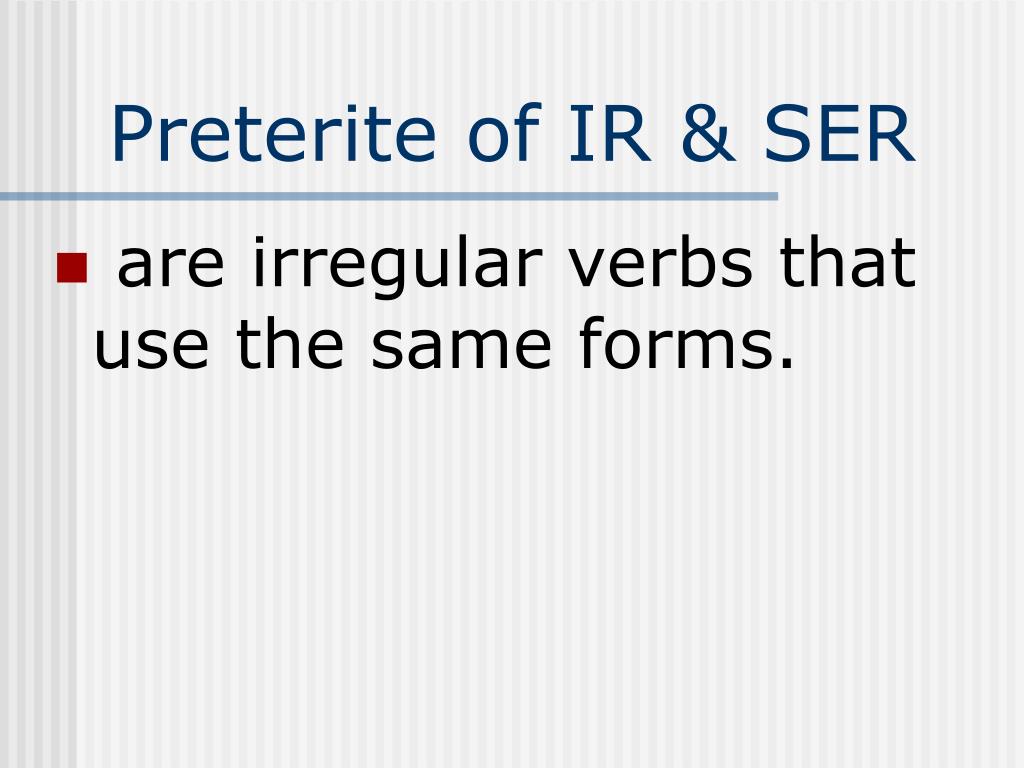
For example, you might say, "Yo habré sido rico," to mean "I will have been rich.

Combine the simple future conjugation form of haber with the past participle sido. The future perfect subjunctive (in Spanish know as futuro compuesto/antefuturo) form of ser is used to talk about a state of being that will have been in existence in the future, or might have or could have existed in the future.Some common Spanish expressions that contain the verb ser in the imperative mood are the following. vosotras no seáis you (feminine) do not be. vosotros no seáis you (plural) do not be. For example, you might say, "Haya sido rico," or "I have been rich." X Research source vos no seas you (South American) do not be. Use the imperfect subjunctive (in Spanish know as pretérito perfecto compuesto/antepresente) conjugation form for haber along with sido. The past perfect subjunctive is used for hypothetical or conditional states of being in the past.For example, you might say, "Dudo que hubiera sido rica" to mean "I doubt that she has been rich." Use this tense to describe a state of being in the past that is connected to one in the present, or will have happened at some point in the future. To form present perfect subjunctive (in Spanish know as pretérito pluscuamperfecto/antepretérito), use the present subjunctive of haber along with sido.Just as with the perfect tenses in the indicative mood, you form past, present, and future subjunctive tenses with the helping verb haber. X Research sourceĬombine the correct conjugated form of haber with “sido” for perfect subjunctive tenses. Just make sure you're consistent with the form you use. The 2 different forms of the imperfect subjunctive in Spanish had a distinction historically, but today are used mostly interchangeably and mean the same thing.Ellos/ellas/ustedes fueran or ellos/ellas/ustedes fuesen: They/you all were/may have been.

Vosotros/-as fuerais or vosotros/-as fueseis: You all were/may have been.Nosotros/-as fuéramos or nosotros/-as fuésemos: We were/may have been.Él/ella/usted fuera or él/ella/usted fuese: He/she/you were/may have been.Tú fueras or tú fueses: You were/may have been.Yo fuera or yo fuese: I was/may have been.For example, you might say, "Dudo que ella fuera rica" to mean "I doubt that she was rich." X Research source If a particular state of being happened entirely in the past, but you have doubts or questions about it having ever been true, you would want to conjugate ser in the imperfect subjunctive.

Use imperfect subjunctive for past states of being.


 0 kommentar(er)
0 kommentar(er)
